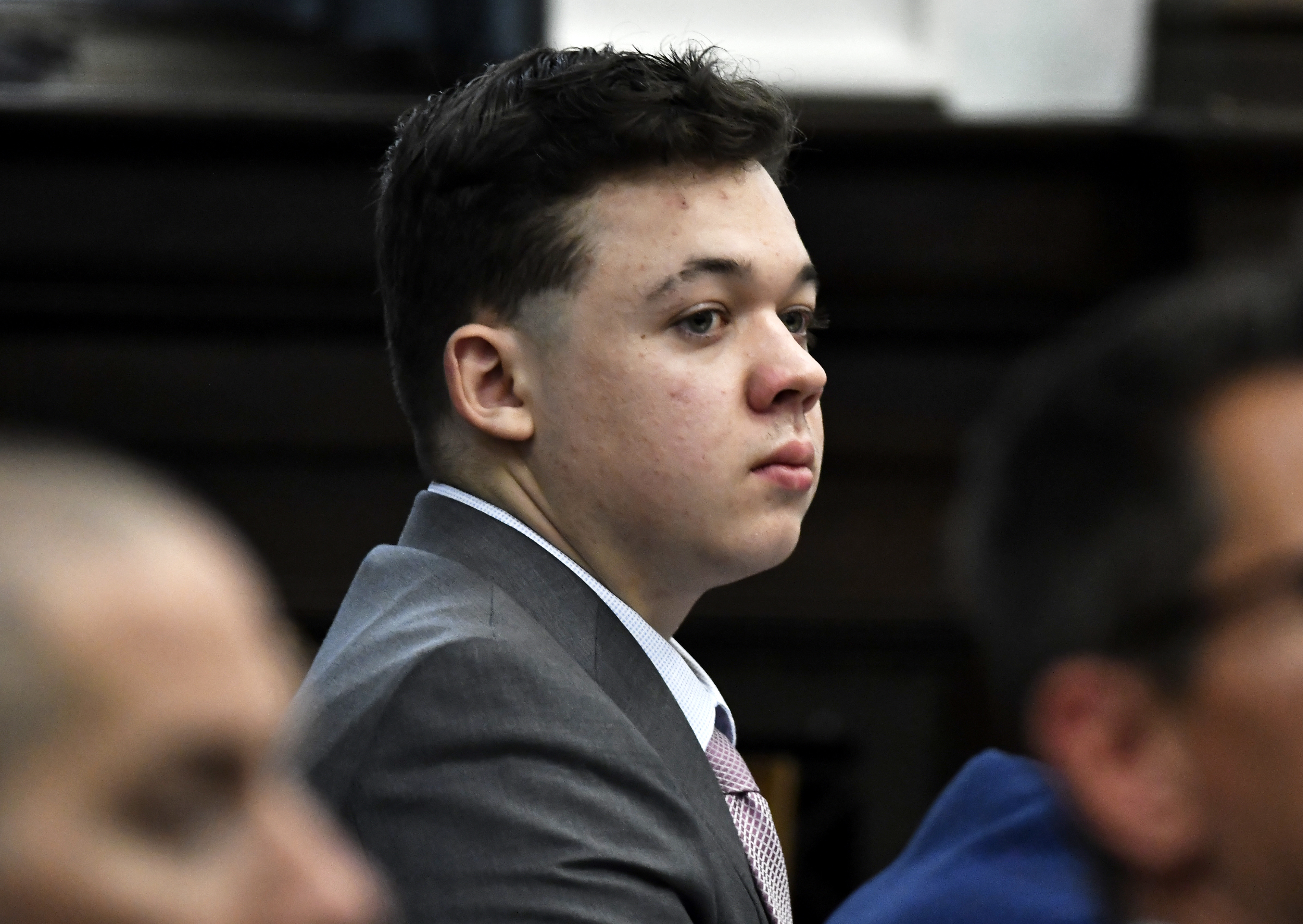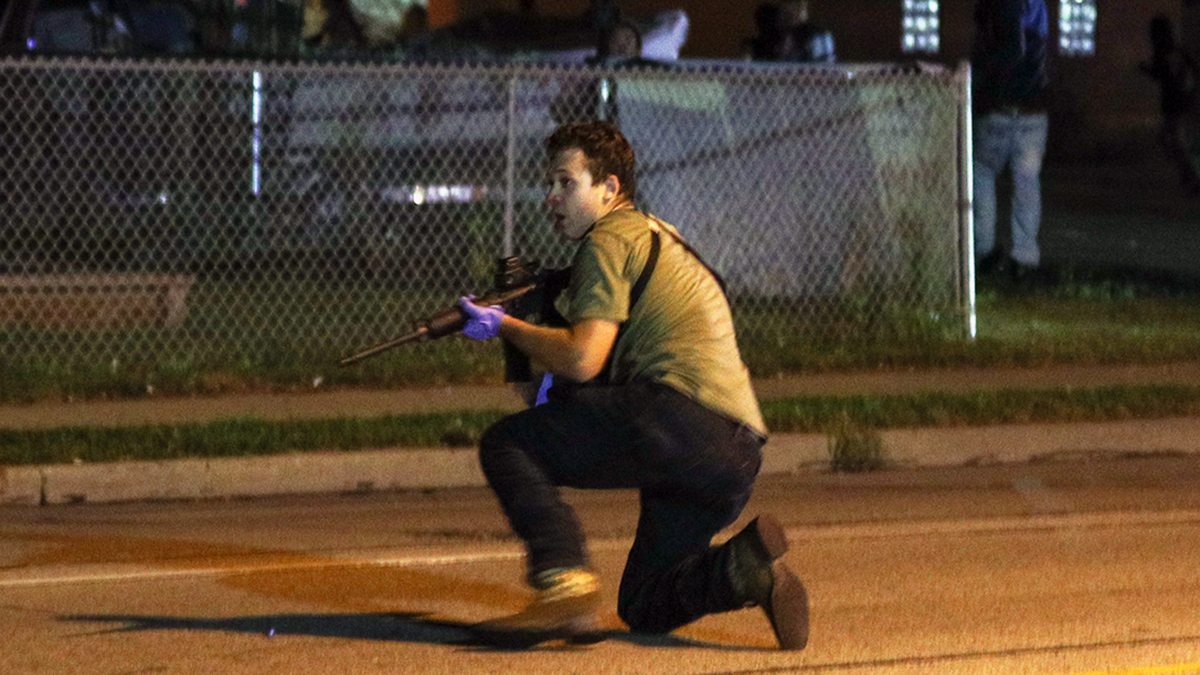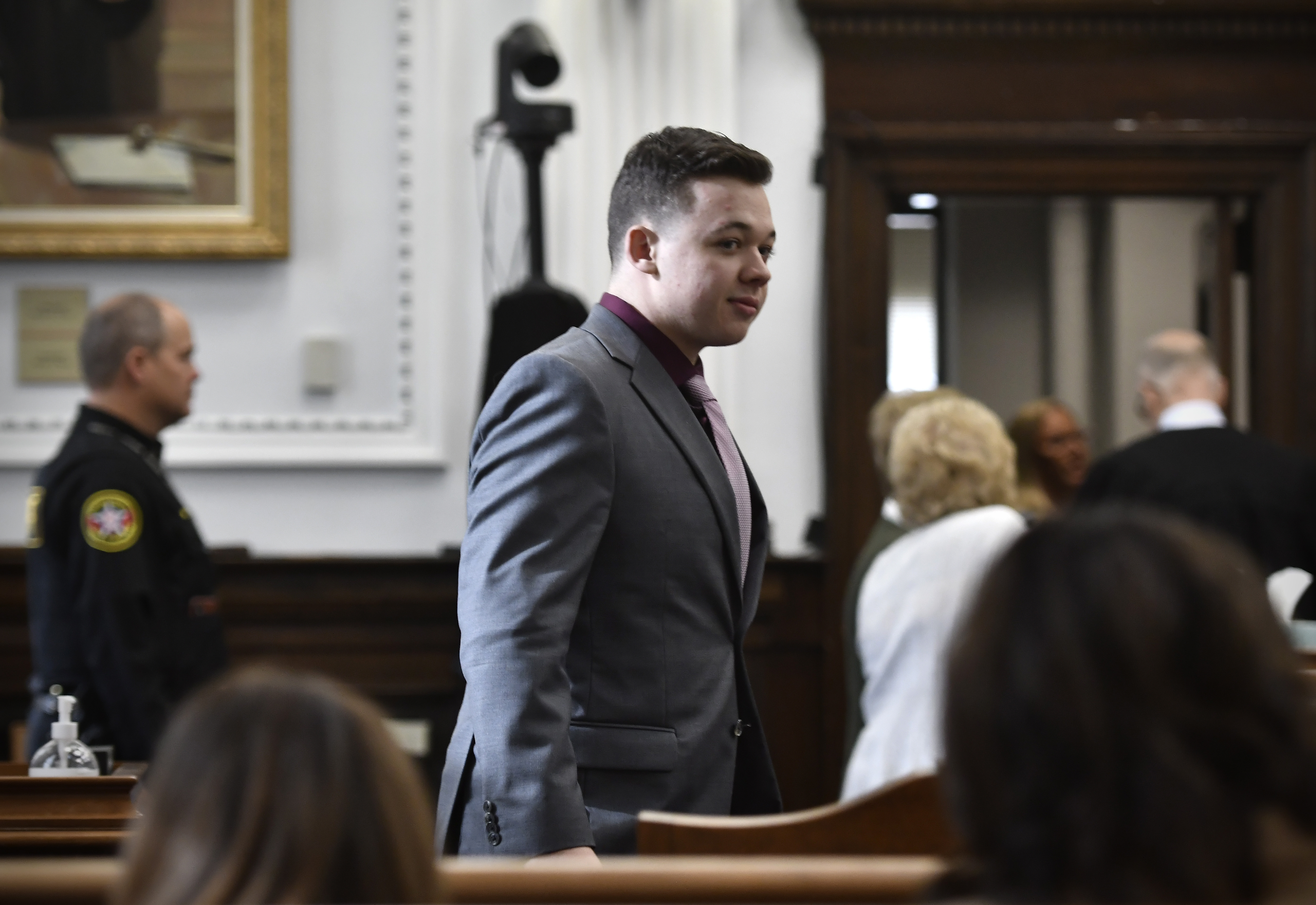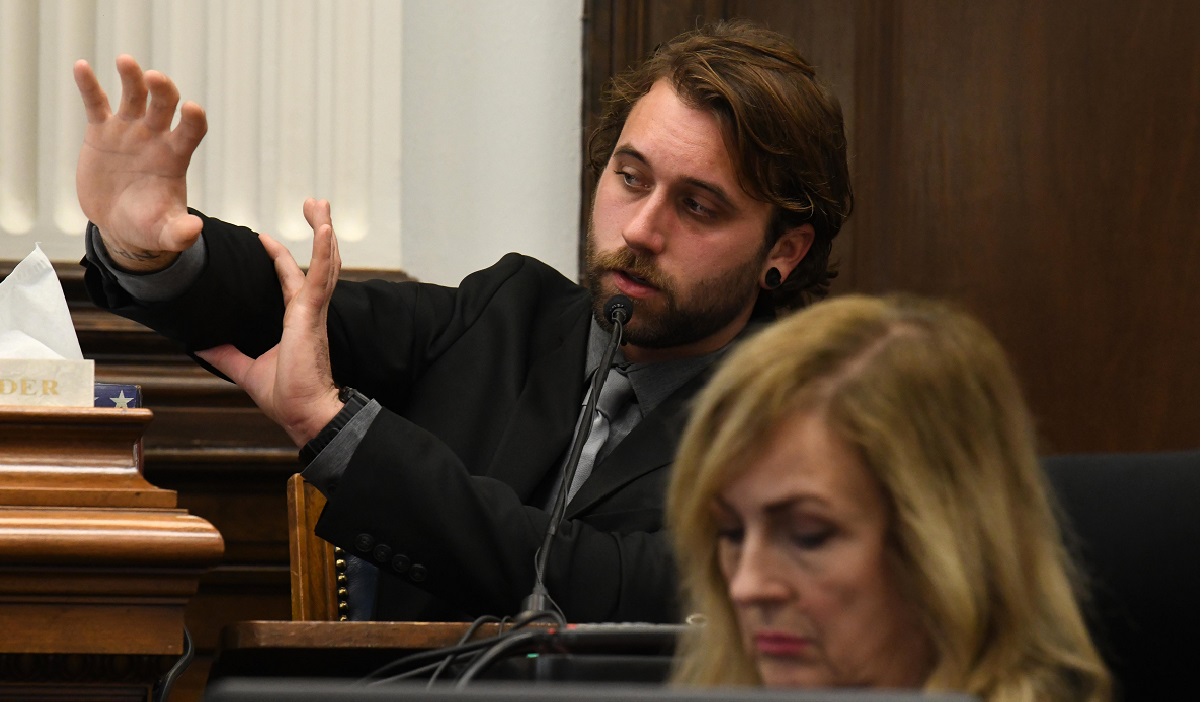The jury in Kyle Rittenhouse's trial is set to begin deliberations Tuesday following a day in which members heard hours of closing arguments by the prosecution and defense.
Court is scheduled to resume at 9 a.m. Tuesday when Judge Bruce Schroeder will reduce the number of jurors from 18 to 12. He's expected to draw names out of a tumbler in much the same way lottery numbers are chosen.
Re-watch closing arguments in the case below. (Note: Watch live from the courtroom here.)
Prosecution's Closing Arguments
Feeling out of the loop? We'll catch you up on the Chicago news you need to know. Sign up for the weekly Chicago Catch-Up newsletter here.
Defense's Closing Arguments
Rittenhouse, now 18, killed two men and wounded a third during a night of turbulent demonstrations against racial injustice in Kenosha in the summer of 2020.
The former police youth cadet from Antioch, Illinois, was in Kenosha with an AR-style semi-automatic rifle and a medical kit in what he said was an effort to protect property from the damaging protests that broke out over the shooting of Jacob Blake, a Black man, by a white Kenosha police officer.
While Rittenhouse is white, as were those he shot, the case has stirred debate over vigilantism, the right to bear arms and the unrest that erupted around the U.S. that summer over the killing of George Floyd and other police violence against Black people.
Wisconsin’s self-defense law allows someone to use deadly force only if “necessary to prevent imminent death or great bodily harm.” The jury must decide whether Rittenhouse believed he was in such peril and whether that belief was reasonable under the circumstances.





